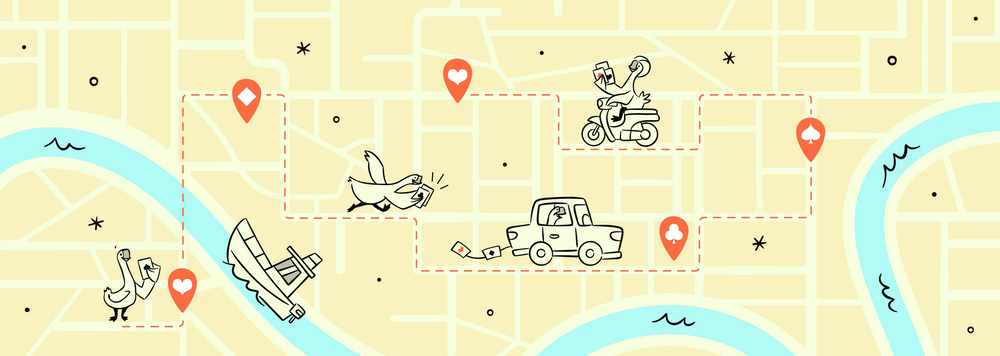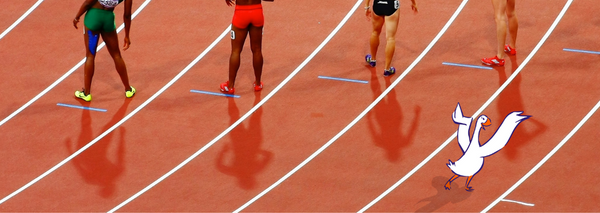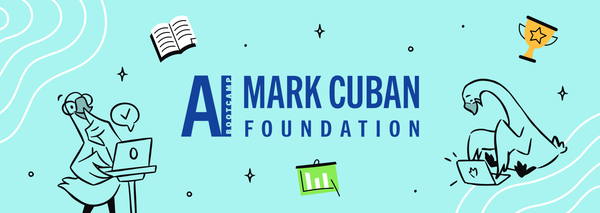The Complete Guide to Poker Runs
Ever heard of a poker run? No, it's not a mad dash with playing cards flying everywhere! Although that sounds pretty cool and very Alice in Wonderland.
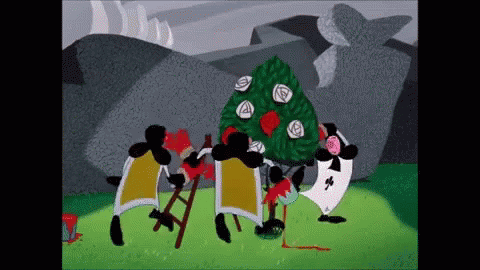
A poker run is an ingenious and interactive event where participants visit various checkpoints, drawing a playing card at each one, all in the pursuit of the best poker hand by the end. It's a fun and unique - yet familiar! - fundraising concept that's taking the non-profit world by storm. If you've been scouting for a fresh, engaging idea to boost your next fundraising event, you might consider going all-in with a poker run! 🃏
What is a Poker Run?
So, what exactly is a poker run?
A poker run is an organized event where participants - often on motorcycles, cars, boats, or even on foot - visit five to seven checkpoints, drawing playing cards at each stop.
The objective? To end with the strongest poker hand. Unlike table poker, which relies on bluffing and strategy, a poker run is considered a game of chance. The luck of the draw creates suspense and excitement for everyone involved.
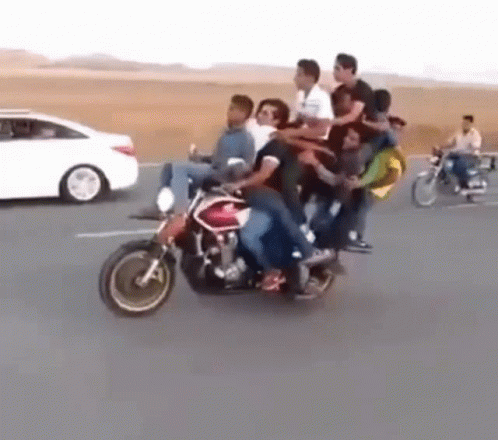
The concept first emerged in the 1970s when motorcycle enthusiasts wanted to combine long scenic rides with their love of poker. Over time, the idea spread to boating groups, runners, and families looking for community fun.
Today, magazines like Poker Runs America regularly cover these events, celebrating their adrenaline and charity-driven impact.
While poker played indoors has rules and tension, poker runs thrive outdoors with unpredictability, laughter, and shared adventure. Whether hosted on land or water, day or night, poker runs are more than games-they’re community movements with a purpose.
Rules of the Poker Run: An Overview
1. Kick-off and final checkpoint
Every poker run has a starting line and a final checkpoint. Participants gather at the kick-off point, receive instructions, and head off along the planned route. At the finish line, the winner is determined by who has the best poker hand.
2. Checkpoints along the route
There are usually 5–7 checkpoints, each requiring players to draw from a fresh deck of playing cards. The cards are recorded to prevent duplicates.
Routes can take riders along a motorcycle-friendly scenic route in the countryside, a boating course across Canada’s waterways, or even through bustling city streets.
3. The best hand wins
Once participants reach the end, the winning hand is revealed. Traditional poker rankings, like two pairs or a straight flush, determine the victor. The winner often walks away with not only a prize, but also remains playful and less heavy!
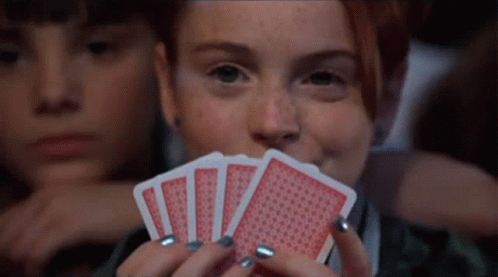
Organizing a Poker Run Fundraiser
Hosting a poker run goes far beyond just shuffling cards—it’s about planning, engaging, and inspiring. Whether it’s a motorcycle rally or an offshore boat race, here are key steps for running a successful event.
Deciding the route and checkpoints
Plotting the course is your first big move. Think about safety, accessibility, and the thrill factor. The Canadian 1000 Islands region is famous for boating poker runs because of its scenic marinas and waterways, while rural towns often host motorcycle poker runs with checkpoint stops at diners, pubs, or community halls. Checkpoints should feel fun and memorable. For example, in boating events, each boater and crew might dock at marinas to collect cards, while motorcycle riders might roll through small towns where cafes or gas stations act as checkpoints.
How Many Decks of playing cards do you need?
The math depends on participants and checkpoints. A common rule is one deck per checkpoint for every 50 players. This keeps things fair, fresh, and unpredictable. Too few decks can lead to duplicates, while more decks enhance variety and excitement.
Using Goosechase to streamline your poker run
Apps like Goosechase have modernized poker runs, making managing registrations, checkpoints, and even scoring easier.
Organizers can create Missions, let participants upload photos from each checkpoint, and track live progress through a leaderboard.
Spectators can also join in. For instance, community members can vote on who might have the best hand, cheer on their favorite teams, and even find information to donate to local charities.
Determining prizes that motivate
Prizes keep the stakes high. They can range from gift cards and custom trophies to larger rewards like local getaways. Some events also recognize creativity, awarding costumes, themed vehicles, or the funniest crew moments.To add more excitement, some poker runs introduce a small prize for the fastest team to finish the route, though the overall winner still depends on luck of the cards.
Registration process and entry fee
Registration should be straightforward. Participants usually pay an entry fee, which supports the fundraising goal. Some events offer early-bird discounts or team pricing. With digital tools, players can register online, pay fees securely, and instantly receive event details.
Finding and engaging sponsors
Sponsors are your jackpot. Local businesses, marinas, motorcycle shops, and restaurants often love supporting poker runs because of the visibility they receive.
Larger events may even earn sanction from official boating or motorcycling associations, boosting credibility.
Offer tiered sponsorship options: logo placements, checkpoint naming rights, or shout-outs on event apps and marketing materials. The stronger your sponsor network, the more professional and profitable your event will be.
A: Customizing a poker run for specific vehicles adds excitement and personalization. For motorcycle runs, choose scenic routes with plenty of pit stops for card draws and refueling. For boat poker runs, stations can be set up at marinas or lakeside restaurants, with unique challenges like docking skills or nautical trivia.
Promoting Your Poker Run Fundraiser
Once the decks are shuffled, the route mapped, and the prizes locked in, the next step is to ensure your event gets noticed. Promotion transforms a simple plan into a buzzing community experience.
Strategies for effectively promoting the event
- Leverage Social Media: Platforms like Facebook, Instagram, and X (Twitter) are your best friends here-post teasers, behind-the-scenes photos of checkpoints, and countdowns to build anticipation. Encourage participants to share with hashtags like #PokerRunsCanada or #PokerFun to increase visibility.
- Local media outlets: Press releases to newspapers, radio stations, and local TV can help. Highlight the uniqueness of your poker run-whether it’s a motorcycle rally, a boating event, or an offshore poker run on open waters. Stress the charity cause so people understand the impact of their participation.
- Email marketing: If you already have a contact list, use it! Send updates about checkpoints, prizes, and charity goals. Share stories about previous events to demonstrate the community impact.
- Engage local influencers: Community influencers, such as a popular motorcycle club leader, a local boater, or a well-known business owner, can amplify your message. Their endorsements create trust and drive sign-ups.
- Flyers and postersThe traditional route still works! Posters in cafés, pubs, marinas, and motorcycle shops can spread the word to audiences who might not be active online. Pair this with QR codes for easy registration. Here's are tips for marketing your Goosechase event like a pro.
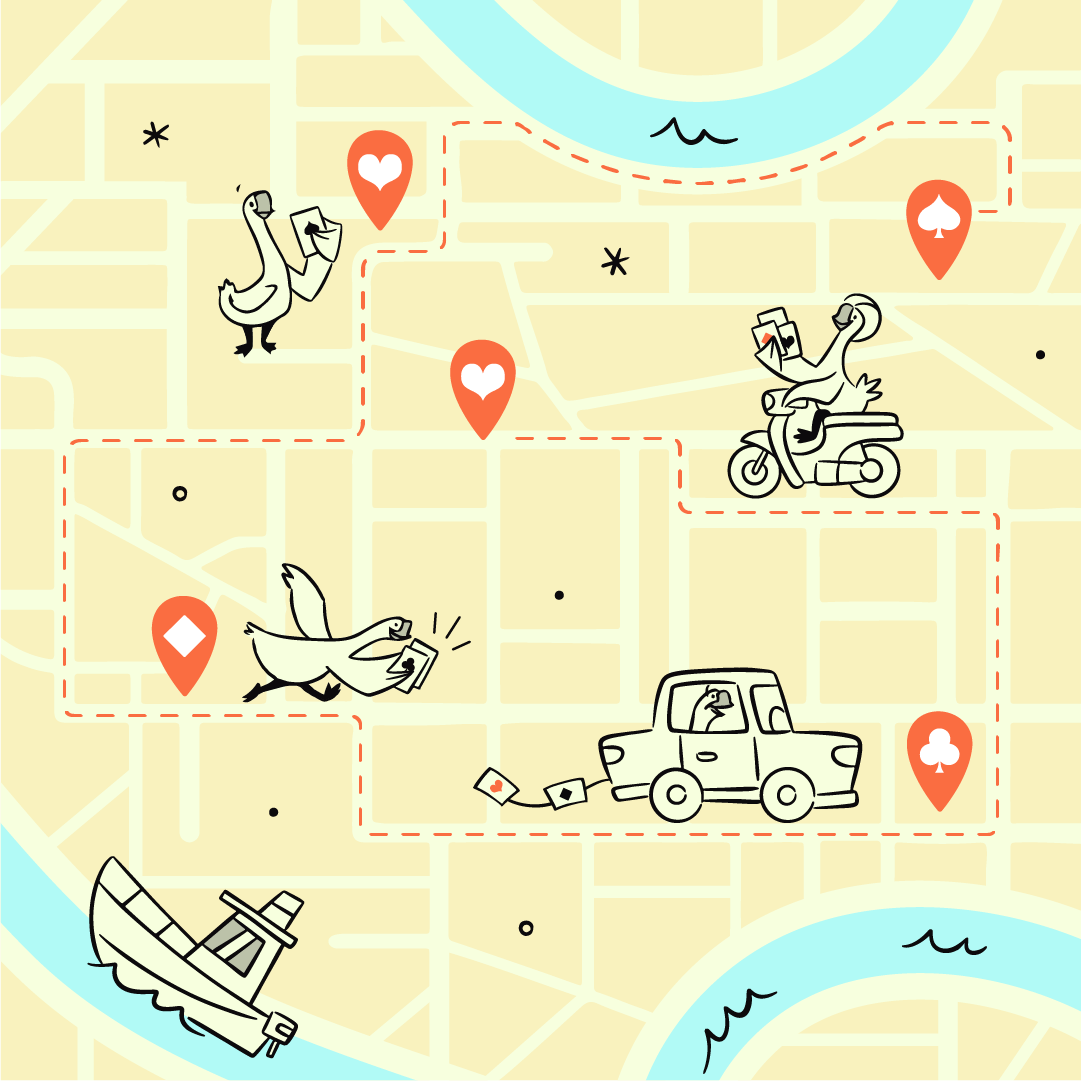
Importance of community involvement
Poker runs are not just about winning hands—they’re about people coming together. Your event gains energy, trust, and long-term support when the community is involved.
- Word of mouth: Excited participants share with friends and family, organically boosting attendance.
- Strength in numbers: Volunteers, checkpoint hosts, and sponsors add resources to make the event smoother.
- Emotional connection: When locals feel ownership of the event, they are more likely to donate generously.
- Lasting bonds: A well-run poker event builds goodwill, paving the way for annual traditions.
From the 1970s motorcycle gatherings to today’s large-scale boating events, the popularity of poker runs has always been fueled by strong community roots.
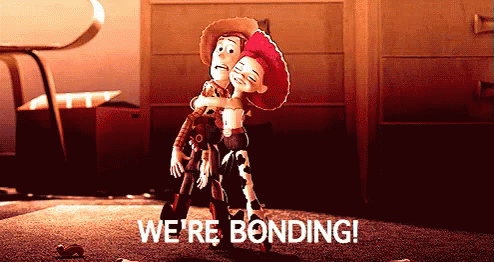
FAQs About Poker Runs
Q: How do organizers handle legal and safety aspects of poker runs?
A: Organizers typically obtain permits, carry insurance, and work closely with local authorities. Safety rules for vehicles, docks, and checkpoints are clearly outlined. Larger events may even secure official sanction from regional or national associations, which helps with credibility and compliance.
Q: How can interactive apps like Goosechase make poker runs more engaging?
A: Goosechase adds a digital twist. Beyond recording playing cards, participants can complete fun missions like posting checkpoint selfies or trivia answers. Live leaderboards boost excitement, and remote players can join in from anywhere, expanding reach and inclusivity.
Q: What are some creative themes or variations of poker runs?
A: Themed events are a crowd favorite. Options include:
- Costume poker runs with prizes for the most outrageous outfits.
- Historical or cultural routes highlighting local heritage.
- Eco-friendly cycling or walking poker runs. Glow-in-the-dark or night poker runs, where neon checkpoints, add an unforgettable twist.
Q: How can participants without vehicles join a poker run?
A: Not everyone needs to ride or drive. Non-riders can volunteer at checkpoints, help with planning, or join teams as crew members. This makes the event inclusive and ensures everyone can contribute to the charity’s mission.
Q: Why play it safe when you can deal a winning hand?
A: Poker runs are more than just outdoor adventures. They’re high-energy community events that balance luck, laughter, and giving back. Whether a motorcycle rally through scenic back roads or an offshore boating event across the 1000 Islands region, each poker run blends thrill with generosity.
A poker run is an unexpected wild card in the deck of fundraising ideas. So, ante up, bring your community together, and watch your event become a tradition people look forward to year after year.
What is Goosechase?
At Goosechase, experience is everything. Originally inspired by scavenger hunts, Goosechase is an online platform that enables organizations and schools to engage, activate, and educate their communities through delightful interactive experiences. Sign up and try creating a free recreational Experience, or check out our Pricing!


